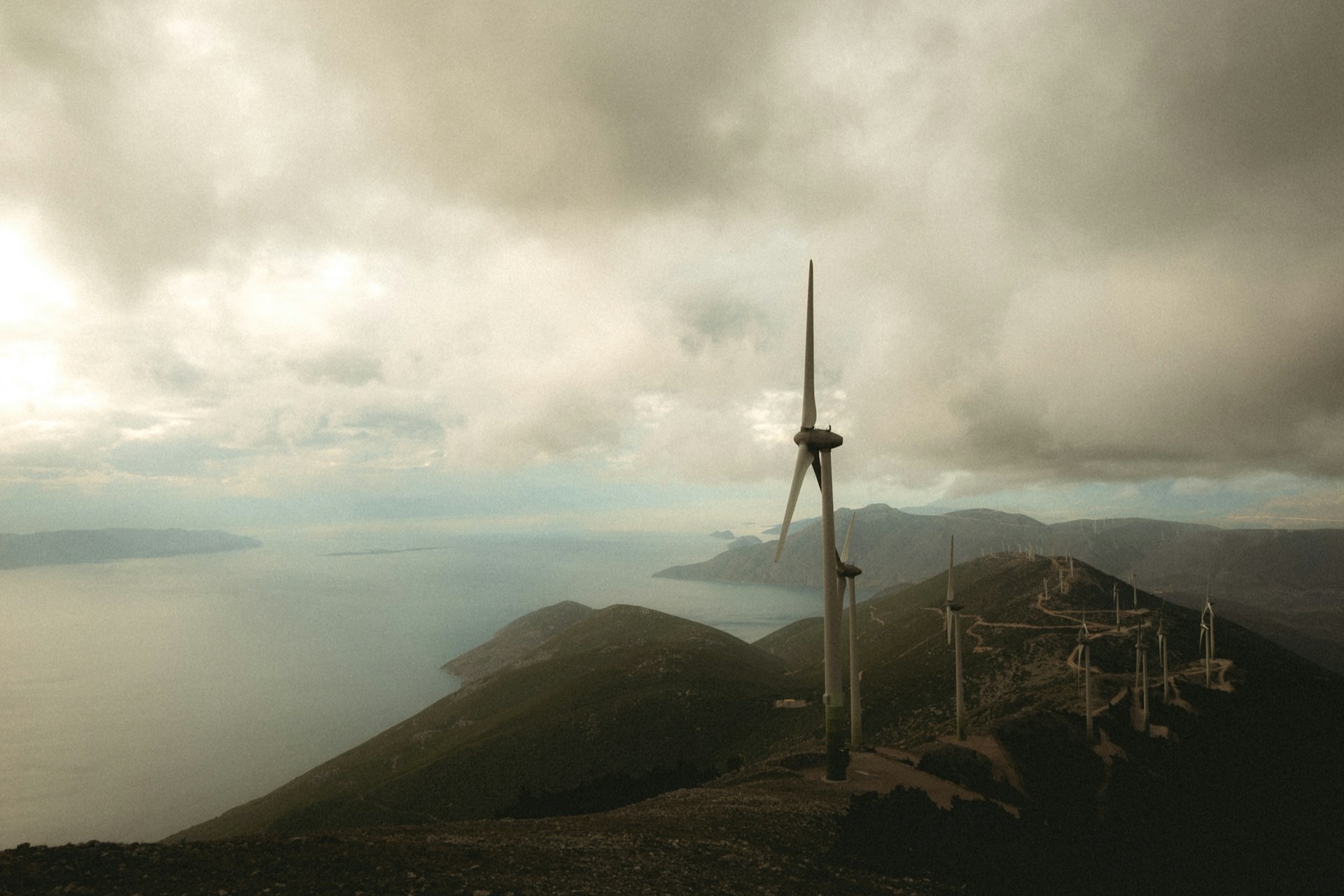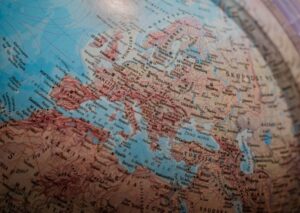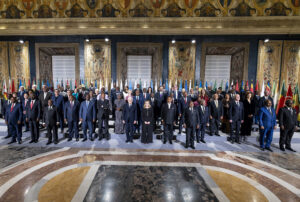Read the policy briefing “Securing the energy transition in the Mediterranean: rethinking the partnerships between Italy and North Africa”
After the outbreak of the war in Ukraine in 2022, in the midst of an energy crisis, Europe has progressively demonstrated a renewed interest towards the Mediterranean region, driven by a shift in its energy relations from East to South. As such, the EU external strategy has increasingly focused on the Mediterranean, with energy transition as a key pillar – as displayed by the recent establishment of a new DGMENA within the new European Commission, and by the drafting of the upcoming New Pact for the Mediterranean and of the Trans-Mediterranean Energy and Clean Tech Cooperation Initiative (T-MED initiative). In this framework, Italy, with its natural geographic and geopolitical projection is not only well positioned but also has all interests in playing a leading role in the Mediterranean.
Energy has historically played a central role within Italy’s projection towards the Mediterranean region, and namely in the framework of its bilateral relations with North African countries. In the context of advancing decarbonization efforts, there is a growing need for Italy’s energy diplomacy in the region to be further enlarged and adapted to reflect the evolving, multidimensional landscape of the energy transition. This entails going beyond the mere concept of availability of energy supply, based on a buyer-supplier relational pattern, to embrace a broader clean energy vision for the Mediterranean which can lead to more integration, stability and security in the region.
Italy’s current bilateral partnerships with North African countries are increasingly oriented towards the energy transition, thus offering an opportunity to develop a strategic vision to advance sustainable development as well as renewable energy cooperation in the broader Mediterranean region.
In this framework, the untapped potential for renewable energy in the Mediterranean, and particularly in North African countries, can be a game changer for the decarbonisation of the region, with positive impacts on climate risk mitigation, climate and economic resilience. Against this backdrop, this policy brief explores the evolving nexus between energy security and energy transition within Italy’s foreign policy towards North Africa, providing recommendations on how Italy can play a leading role – including at a European level – in promoting the energy transition in the Mediterranean region through its relations with North African countries, both at a bilateral and multilateral level.
- Evolution of the concept of “energy security” in the Mediterranean in the context of the energy transition: The ongoing energy transition on both shores of the Mediterranean represents an opportunity to promote shared prosperity and security. “Energy security 2.0” embodies the convergence between energy transition, electricity grid security, and regional integration.
- Evolution of relations between Italy and North Africa in the era of decarbonization:
- To achieve the transformative shift envisioned by the Mattei Plan, it is necessary to bring individual projects, initiatives, and tools within a broad, multi-level, and inclusive strategic vision for the energy transition in the Mediterranean, capable of transcending the bilateral dimension to embrace a regional and multilateral horizon.
- This vision should involve the entire Italian system and prioritize the development of local markets in North Africa by adopting an integrated approach that, in addition to the production of electricity from renewable sources, also looks at development and cooperation in green industrial sectors, value chains, and network infrastructure.
- To enhance its renewed focus on the expanded Mediterranean, Italy needs to align and coordinate its strategy both with the EU and with other member states that are actively operating in this region. The definition of the New Pact for the Mediterranean and the Trans-Mediterranean Energy and Clean Tech Cooperation Initiative by the EU offers Italy space and opportunities in this regard.
- Policy tools and recommendations:
- Develop a regional strategy for North Africa, to be developed and implemented within the framework of the Mattei Plan, which outlines new holistic and co-constructed cooperation models with North African partners on energy transition.
- Take a leading role in the Euro-Mediterranean energy transition process to promote growth and stability, supporting and guiding initiatives such as TeraMed, which sets a regional Mediterranean target for renewable energies of 1 TW by 2030.
- Promote regional energy integration through the role of the private sector, financial institutions, and technical energy platforms.
- Create a dedicated financial instrument for cross-border energy infrastructure, leveraging existing tools.
- Frame cooperation for the energy transition within the broader space of climate diplomacy, promoting the adoption of ambitious NDCs by North African countries.
Read the policy briefing “Securing the energy transition in the Mediterranean: rethinking the partnerships between Italy and North Africa”
The policy brief “Securing the energy transition in the Mediterranean: rethinking the partnerships between Italy and North Africa” is realized with the support of the Unit for Analysis, Policy Planning, Statistics and Historical Documentation – Directorate General for Public and Cultural Diplomacy of the Italian Ministry of Foreign Affairs and International Cooperation, in accordance with Article 23 ‒ bis of the Decree of the President of the Italian Republic 18/1967.
The views expressed in this report are solely those of the authors and do not necessarily reflect the views of the Ministry of Foreign Affairs and International Cooperation.
Foto di Harvepino







